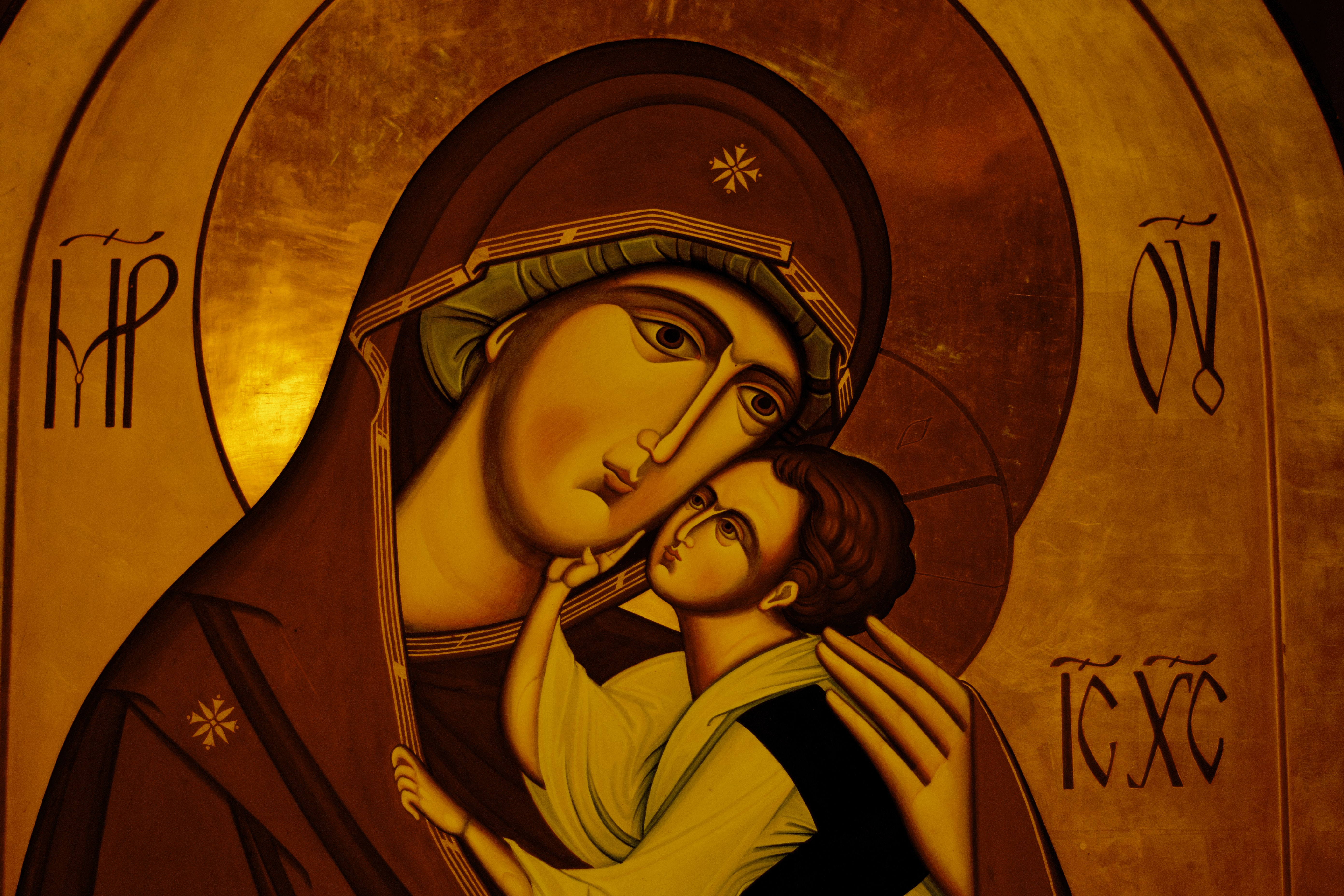When I was in my late teens and early twenties, a very dear friend of mine, Kevin, would invite me most Saturdays to watch football and have a beer with him and some mutual friends. Harmless fun and always mannerly. However, I almost always declined. Something about it made me uncomfortable. It wasn’t the people, it wasn’t the pub or football, something else that I couldn’t put my finger on. Putting it down to personal choice (evading the curious compulsion to avoid), I forgot about this when I left my hometown of Longford in the centre of Ireland, 22 years ago.
Fast forward from the millennium year to September 2022 and my beautiful wife and I are driving near Derry with our son. I was on my way to a hospital appointment with a consultant who specialises in ear nose and throat. The consultant and his assistant audiologist were more than hospitable, and I truly felt that I was being cared for upon arrival and throughout. The hospital in question is Kingsbridge Hospital in Ballykelly, it was professional from start to finish.
For almost 20 years or thereabouts, I have struggled with my hearing. I attended numerous audiology appointments who assured me each and every time: “Your hearing is fine, almost perfect,” which is a rather distressing statement for a person who genuinely is hard of hearing, or so it would seem!
The consultant’s assistant completed numerous tests on me and sure as God made little apples, everything came up hunky dory. Then, she did another test, one I had never done in my life, nor did I even know of its existence. A soft voice of a woman began to whisper into my ear, and I had to repeat what she said. Random statements, about random topics, and I repeated them, for the most part. So far, so good.
Then, a man was introduced into the equation, now we have a man and a woman at the same time, and then, even more, people, all talking simultaneously. It appeared to be some sort of gathering. The woman’s voice disappeared completely; it is as if she was never there. I was asked to repeat what the woman on the recording had said. “I think she’s gone to the ladies,” I quipped, because I hadn’t the faintest idea of what was being said by anyone, not only the woman. It was all just noise.
“Speech discrimination scores [are poor],” was the outcome.
This may seem unremarkable to you and not worthy of any more of your time, but implore you, if the topic of the secret children of the ordained is of interest to you, please read on to discuss this hypothesis.
Speech discrimination is exactly what it says on the proverbial tin, the ability to discriminate one sound from another, ie, speech from sounds that may occur simultaneously, environmental sounds, a radio perhaps, other conversations and so on. The ability to translate and comprehend each word spoken is essential to daily communication. Audio Processing Disorder erodes this ability. It was estimated that my score, when considering the ability to discern speech in a noisy environment, is approximately 30 per cent at best, compared with a 90 per cent hearing capacity when I am listening to one sound only. It is likely that my 30 per cent score may deteriorate as I age. Today, I am not even 40 years of age.
Now some eight weeks later, awaiting further tests, I have reflected on the term. I was advised that my condition is not hearing loss, it is a neurological condition, an imperfection within the brain (my words, not theirs.) My ears can pick up the sounds just fine, but my brain is unable to sort them, one from another. It is almost like everything is fine on the outside and not on the inside ... sound familiar?
Why does this happen?
I hypothesised. The word “processing” really interested me, considering my background, juxtaposed with “neurological”. It conjures up the notion of a wheel, a mill, for instance, grinding wheat. I wondered: “Was the old mill wheel overworked in my head perhaps? Was too much matter put through and if so, was there a consequence?”
Do I mean: “Was I exposed to too much noise?” No, but a child of a priest is expected to process multiple, contradictory worlds simultaneously for the “good” of the family, parish, church, and Rome. Each child of a priest surrenders involuntarily at conception to a life of servitude beneath a heaving burden of deception and is exposed to these two worlds. The real world, who they really are and then the false world, the lie that keeps the wolf of shame from the door of the home and church, behind which the child hides. The child is the absolute expression of an institution’s inability to do one of the things it holds so dear, be wholly chaste and celibate. And so, to hide their shame, the child must be clad with iron sheets of silence.
What people often forget is, a child, exposed to this perverse juxtaposition is under the terrible expectation to process these two worlds simultaneously, not knowing truth from reality. It is an almost unbearable burden.
Thus, the mill wheel is expected to do too much and grinds to a halt. The processing aspect of my neurology was exposed too much and ground to a halt, literally drowning out sound. Isn’t it interesting that I am now unable physically to process more than one sound at a time? Presently, this disorder is irreversible.
Am I alone? Certainly not, I see similar traits in people across the world.
Alexithymia is another common trait among children of the ordained, difficulty in understanding or identifying emotions. Again, the child, as I have seen in my capacity as a psychotherapist, was overburdened, and like any good engine, it collapsed in the middle of the motorway during adolescence, and nobody even noticed, once the secret was kept. The alexithymic is passed off as being rude or brash or uncaring. This is not the case; their brain has literally held their hand in a paternal way and guided them away from what would have overwhelmed them, protecting them. Are there connections between alexithymia and APD? As a psychotherapist I say: “Yes, since both may be understood as a psychosomatic response to an event.”
“Premature imposition of responsibility upon a child to understand something beyond their expectations” is the – in part – definition of child abuse as per the Irish Government in 2011.
As I passed through Derry going home, I wondered how free my mind was when I was growing up. And while the hand of secrecy may well have been within the domestic, the arm and heart of all that is secret stretched all the way throughout history to Rome.
One cannot smother a child and not expect there to be consequences of the direct act of silencing and forcing them to coexist in parallel worlds.
The child has neither the maturity nor the vocabulary nor strength of self to assert themselves and stop this inhumane process, and so, the psychosomatic aftermath is perhaps witnessed, to varying degrees, in adulthood with conditions and disorders leaving the child, lost, silent and possibly quite sick, alexithymia, speech or audio processing disorder, and so on. Shackle a person and will you not see the marks of the restraints when they are released?
Of course, this is a hypothesis, and there are many who will disagree with the fundamental thought of the psychosomatic, but I, as a psychotherapist, believe in the psychosomatic, absolutely and without question.
I never went to the pub on Saturdays with Kevin, because, even at this early stage, I was somewhat aware that I couldn’t hear anything to any great degree, it was all just noise. It was a place where voices, like the woman on the recording in Ballykelly, had simply left the room, leaving me alone in a dark chasm, fallen between two worlds, both chattering at me, and neither making sense.
If Pope Saint Paul VI’s concept of celibacy as a “brilliant jewel”[1] is to be considered as true, then this jewel’s resplendence glistens first within the helpless eyes of the children of the ordained and religious, blinding them, as down its “brilliant” sides, their tears cascade.
[1] Pope Saint Paul VI. Sacerdotalis Caelibatus. 1967.



 Loading ...
Loading ...
What do you think?
You can post as a subscriber user ...
User comments (0)